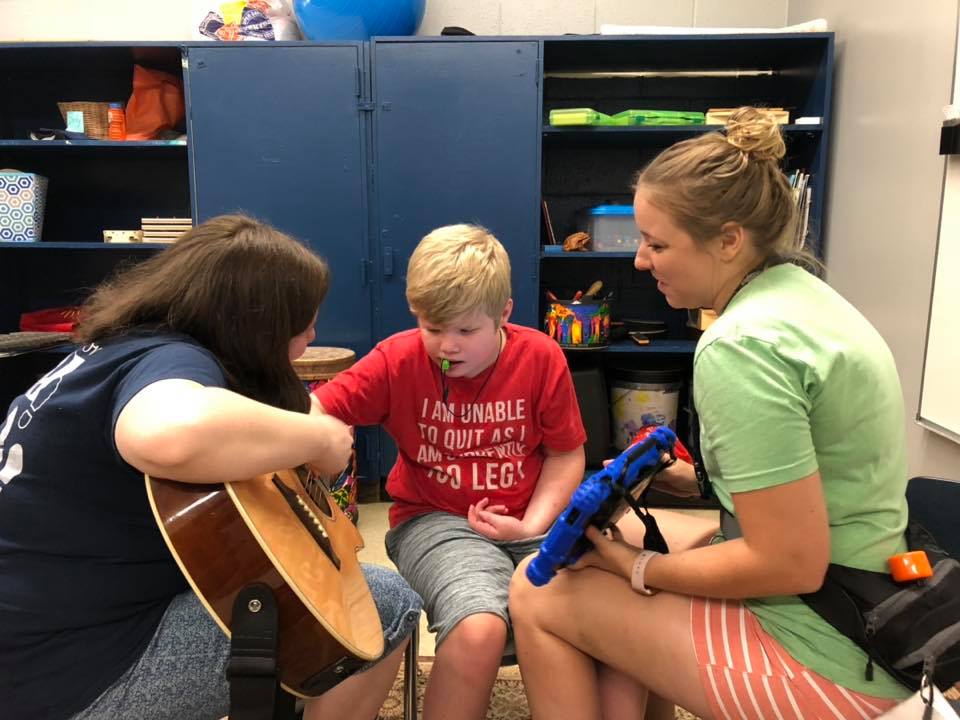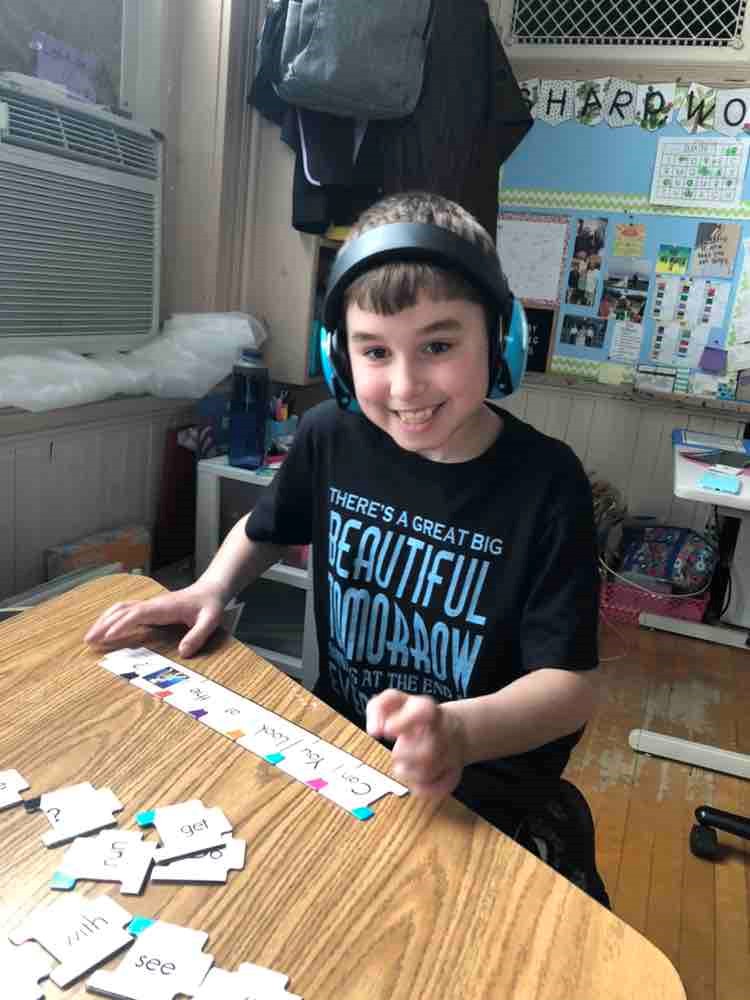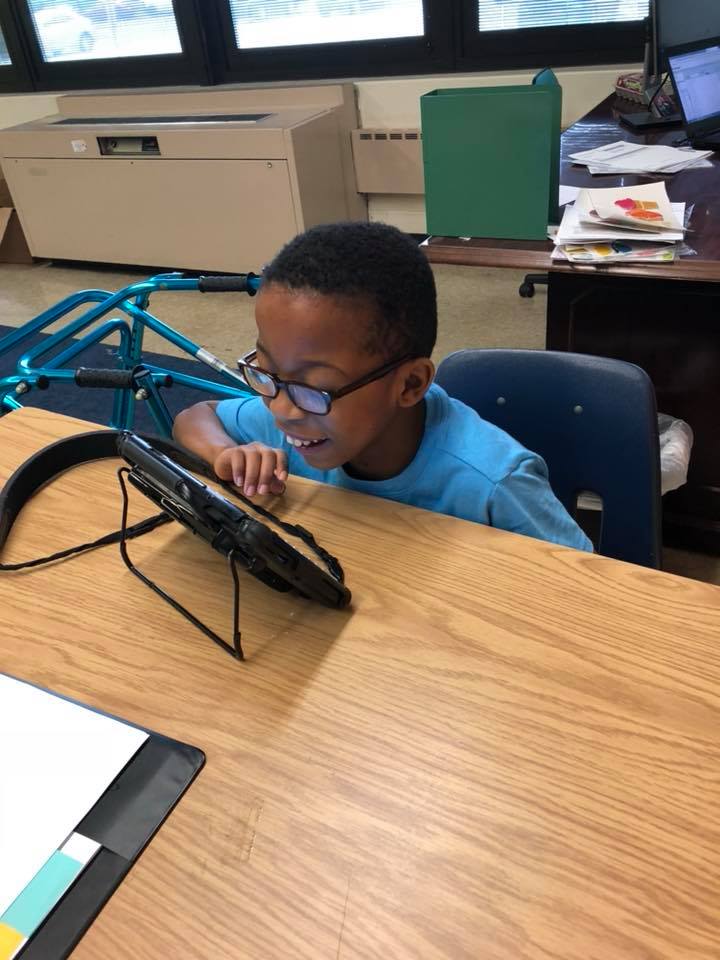Better Speech and Hearing Month
May 17, 2019
By: Bridgeway Academy’s Speech Department
May is Better Speech and Hearing Month. Here are some facts and tidbits from the speech therapy department to help celebrate and learn about speech, language, and hearing!
Fact #1: Did you know the title speech-language pathologist does not encompass all that SLPs do? SLPs work to prevent, assess, and treat articulation, language, social communication, cognitive communication, voice, and swallowing disorders in children and adults.

Fact #2: If you’re going to support your favorite sports team – protect your hearing! At a recent Columbus Blue Jackets playoff game, the crowd noise was measured at 118 decibels. Sounds over 85 decibels can damage your hearing, and listening to 118 decibels can cause hearing damage in less than a minute. What can you do? Bring earplugs, or wear noise-blocking headphone! You can still enjoy the game, and enjoy your hearing, too.
Learn More: https://www.asha.org/public/hearing/loud-noise-dangers/

Fact #3: Did you know teaching is the occupation at the highest risk of developing voice disorders? The speech department encourages everyone, especially teachers, to use these vocal hygiene tips:
1. Hydrate, hydrate, HYDRATE!! Try to choose water as much as possible over other drink options.
2. Reduce high intensity use (prolonged talking, yelling, screaming). Use a microphone as needed in your classrooms to avoid yelling over noise!
3. Avoid smoke inhalation.
4. Avoid throat clearing and chronic coughing.
5. Take voice breaks as needed!
Fact #4: Approximately 12% of the U.S. population – 38 million Americans – have a significant hearing loss. Don’t make assumptions about what language modality a person who is Deaf or Hard of Hearing may speak! There are many different kinds of people who consider themselves part of the Deaf Community. Some of them only use Sign Language, some of them only use Spoken Language, and some of them are Bilingual or use a combination of the two. If you see somebody with a hearing or cochlear implant, do not assume that they understand your spoken language or that they themselves use spoken language.
Fact #5: If a bilingual child has a speech or language problem, it will show up in both languages. However, these problems are not caused by learning two languages! (Source: ASHA)
Fact #6: 8 in 10 parents of children who are being or have been treated for speech, language, or hearing disorder say that their child showed “a great deal” or “a good amount” of improvement (Source: ASHA)

Fact #7: SLPs also target swallowing and feeding disorders. This can include helping individuals recover from a stroke or prolong independent eating in individuals with progressive diseases. This can also include helping children improve the variety of foods they eat.
« Previous
Caregiver Burnout
Next »
Camp Bridgeway 2019!